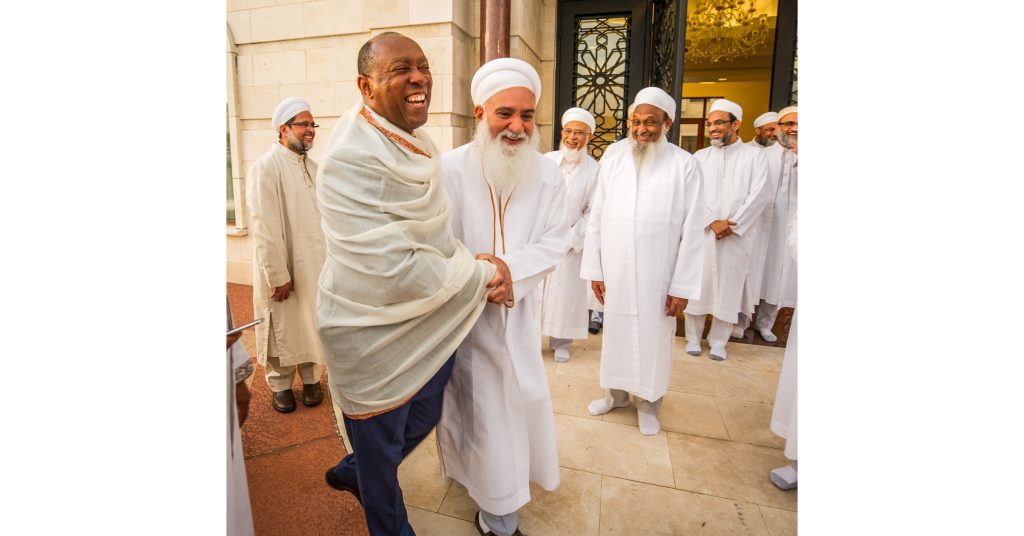
The organization of Dawoodi Bohras (Part 2)

In the previous article we talked about the three first ranks in the organization of Dawoodi Bohras, as the da’i mutlaq, ma’dhun and mashayikh.
Next rank in the da’wa hierarchy comes the ‘amil or agent, who is the head of any local Da’udi congregation or jama’at. Addressed as Bha’i Sahib or Miyan Sahib, the ‘amils are selected by the da’is for every Da’udi community with a population of at least one hundred. In 2006 there were some 320 ‘amils worldwide. Most ‘amils are graduates of the Jami’a Sayfiyya. The main duty of the ‘amil is to lead the community under his charge in prayers and to perform the various religious ceremonies, including marriage, funeral rites and circumcision (khatna).
Being the local representative of the da’i, no religious or communal ceremony is valid without his permission, and for every ceremony that the ‘amil performs he receives a fee, the greater share of which is sent to the da’I’s treasury, while the rest is retained by him for his local expenses. The ‘amil is also responsible for collecting the various religious dues and offerings for the da’i. He is usually appointed for a period of five years, and his tenure is seldom renewed, while the da’i favours the inter-communal transfers of his ‘amils. These policies are aimed at preventing the ‘amils from developing privileged positions in any particular community, which would enable them to misappropriate local funds. In important Da’udi cities like Bombay and Karachi, the ‘amils are likely to be the da’i’s relatives or highly trusted individuals. In East Africa, the earliest ‘amils were despatched around the turn of the last century from Gujarat to Zanzibar and Mombasa. At present, there are two Bha’i Sahibs in East Africa. One acts as the head ‘amil of East Africa, and the second is the ’amil of the Daudi Bohra congregation in Nairobi. Furthermore, unlike other areas, the ‘amils of East Africa have often held their positions for long periods, sometimes exceeding two decades.
The lowest rank in the Daudi da’wa organization is that of Mulla, who is usually appointed by the da’i from amongst the qualified members of the community where he is to serve. The Da’udi mullas are numerous, and in the larger towns there is also the position of wali mulla, who leads the communal prayers in the absence of the ‘amil. The ‘amils may delegate some of their functions to the mullas, who normally have some knowledge of Arabic and Ism’aili rituals and who are employed as instructors at the elementary schools or madrasas for the Bohra children.
A central administration of Dawoodi Bohras’ organization, headed by the da’i mutlaq oversees the affairs of the Daudi Bohra community worldwide. The central offices of this administrative organization are located in the Badri Mahal in Bombay, where senior members of the da’wa hierarchy, including the da’i’s brothers and sons, also have their offices. Every Daudi on attaining the age of fifteen takes an oath of allegiance or mithaq, also known as the ‘ahd al-awliya’ and the bay’a, pledging loyalty to the Tayyibi Isma’ili imams and the Da’udi da’i s and agreeing to conform to Daudi beliefs and practices. Thereupon, he is officially initiated into the community as a believer (mu’min). The same covenant is renewed annually by every adult Da’udi on the 18th of Dhu’l-Hijja, celebrated by the Da’udis like other Shi’as as the ‘Id Ghadir Khumm.
Taken from “The Isma’ilis, Their History and Doctrines” by Farhad Daftary